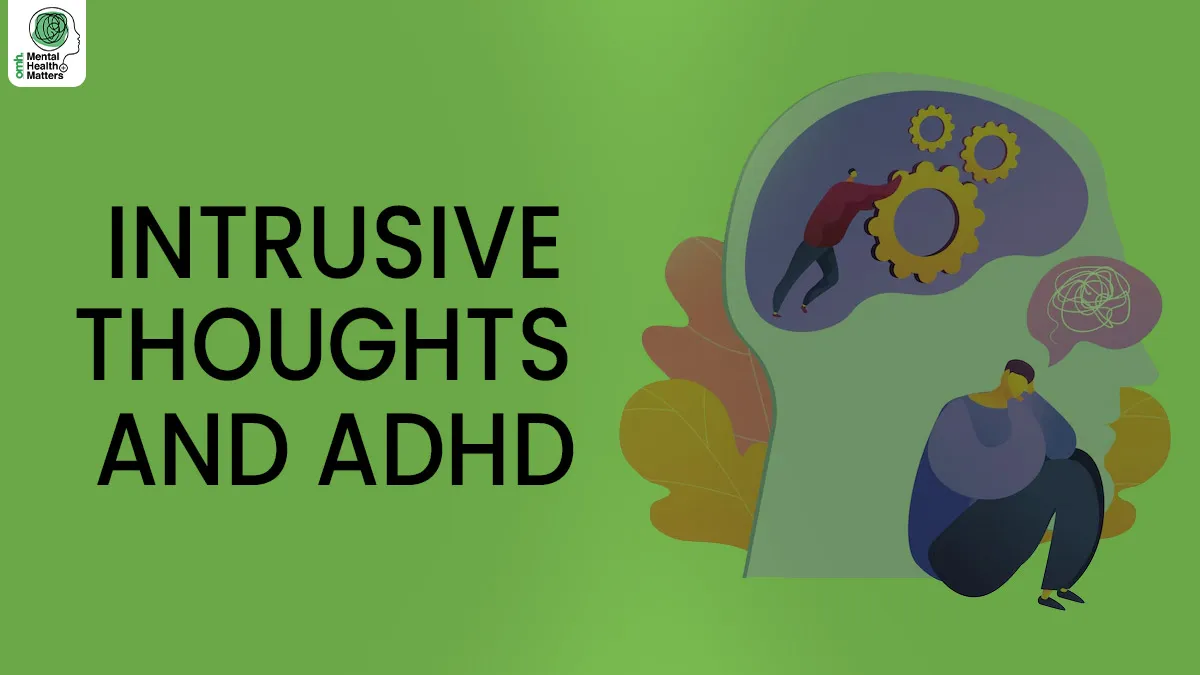
Have you ever experienced a thought that won’t go away, no matter how hard you try to focus on something else? For people with Attention Deficit Hyperactivity Disorder (ADHD), intrusive thoughts like these can be even more overwhelming. ADHD affects how the brain processes information, making it harder to focus, regulate emotions, and manage daily tasks. Intrusive thoughts, those persistent, unwelcome ideas can add extra stress to an already challenging experience.
Table of Content:-
CHECK YOUR
MENTAL HEALTH

This week in our "Mental Health Matters" campaign, we spoke to Vishakha Lanjewar, Clinical Psychologist and PhD CP Scholar, Lissun, a mental health platform, who explained what these thoughts mean for those with ADHD and offers practical strategies to cope with them.
According to a 2012 study, ADHD is a lifelong condition that typically begins in childhood, affecting around 5% of children and adolescents globally, regardless of their country of residence. In about 65-75% of cases, the disorder continues into early adulthood. The clinical presentation of ADHD can vary, with common symptoms including inattention, hyperactivity, and impulsivity.
What Are Intrusive Thoughts?

"Intrusive thoughts are unexpected, involuntary thoughts, images, or urges that can be upsetting or anxiety-inducing. These ideas may seem overpowering and unrelenting to people with ADHD, which might increase their levels of tension, anxiety, or irritation," said Lanjewar.
Common instances could include intrusive recollections of the past, fears of social rejection, or anxieties about making mistakes. In addition to being upsetting, these ideas have the potential to impair concentration and make attention problems worse.
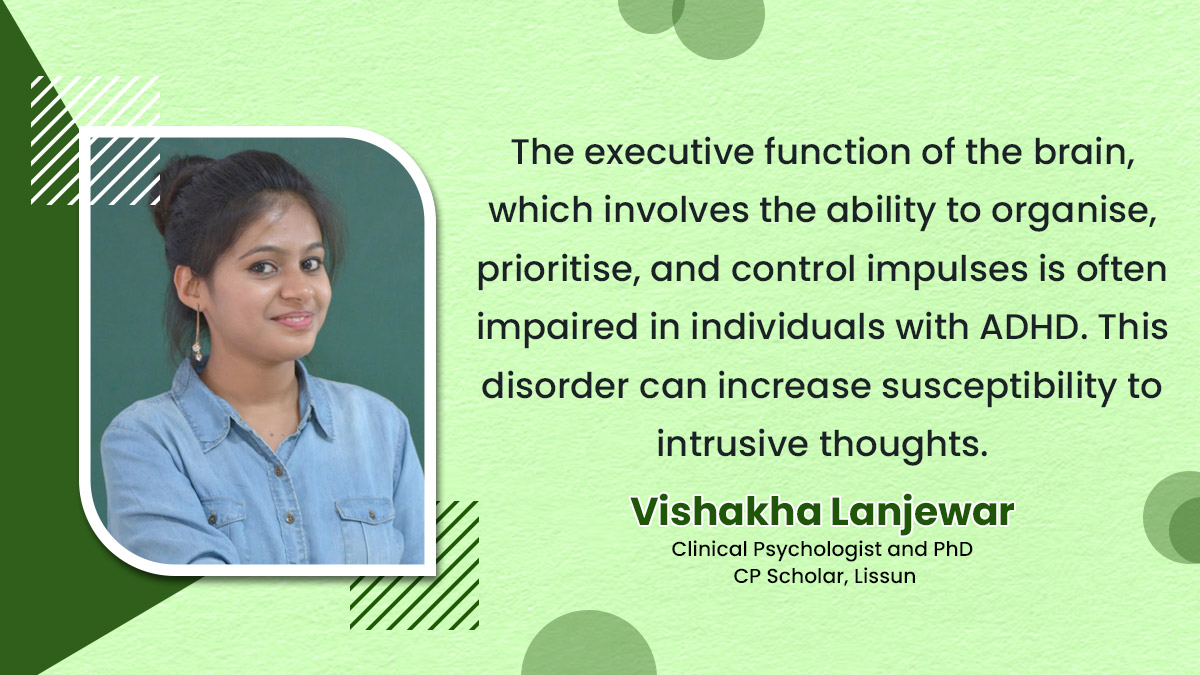
The executive function of the brain, which involves the ability to organise, prioritise, and control impulses is often impaired in individuals with ADHD. "This disorder can increase susceptibility to intrusive thoughts. People with ADHD may struggle more to regulate or ignore these unwanted ideas because they have difficulty filtering distractions, switching their focus, and managing persistent mental chatter," explained Lanjewar.
According to the Attention Deficit Disorder Association (ADDA), people with ADHD often experience more intrusive thoughts compared to those without the disorder. This is due to the distinct way the ADHD brain is wired, making it more challenging for them to regulate their attention and thoughts.
Also Read: Understanding Link Between ADHD And Co-occurring Conditions: What Parents Should Know
Why Do People with ADHD Frequently Have Intrusive Thoughts?
The increased frequency of intrusive thoughts in individuals with ADHD can be explained by several factors. Here are some factors listed by the expert:
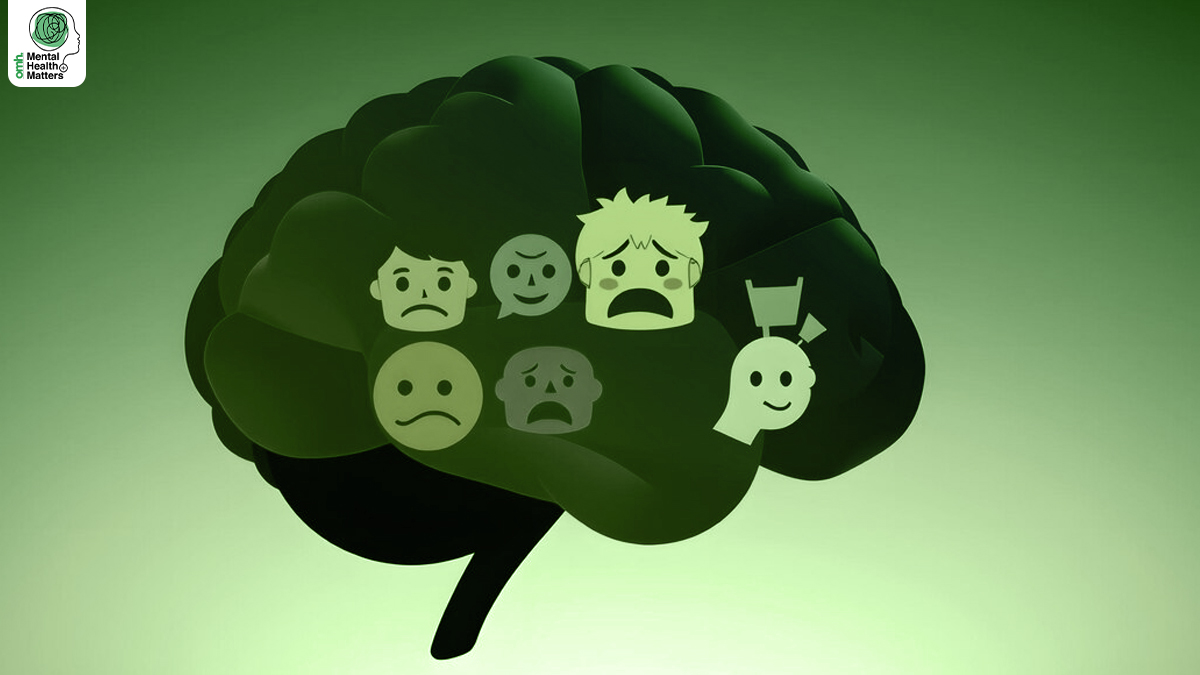
- Impaired Executive Functioning: As previously shown, working memory, attention regulation, and inhibitory control are among the executive functions impacted by ADHD. This makes it more difficult to ignore or refocus attention on bothersome ideas.
- Emotional Dysregulation: ADHD frequently manifests as difficulties controlling emotions. This may enhance a person's susceptibility to stress and anxiety, which may raise the possibility of intrusive, concerning thoughts.
- Hyper-focus: Although individuals with ADHD may have trouble focusing in some situations, they may also become fixated on particular ideas or concerns due to hyper-focus. When this occurs, intrusive thoughts may become more noticeable and more difficult to ignore.
A 2023 study found a strong link between ADHD and increased tendencies for mind-wandering and rumination. While these are not identical to intrusive thoughts, they may be closely connected. The study also found that these tendencies were associated with higher levels of anxiety and depression in individuals with ADHD.
How to Cope with Intrusive Thoughts
Managing intrusive thoughts requires a combination of mental health strategies, lifestyle adjustments, and, in some cases, medical intervention. Here are practical approaches shared by Lanjewar that can help:
Mindfulness and Grounding Techniques
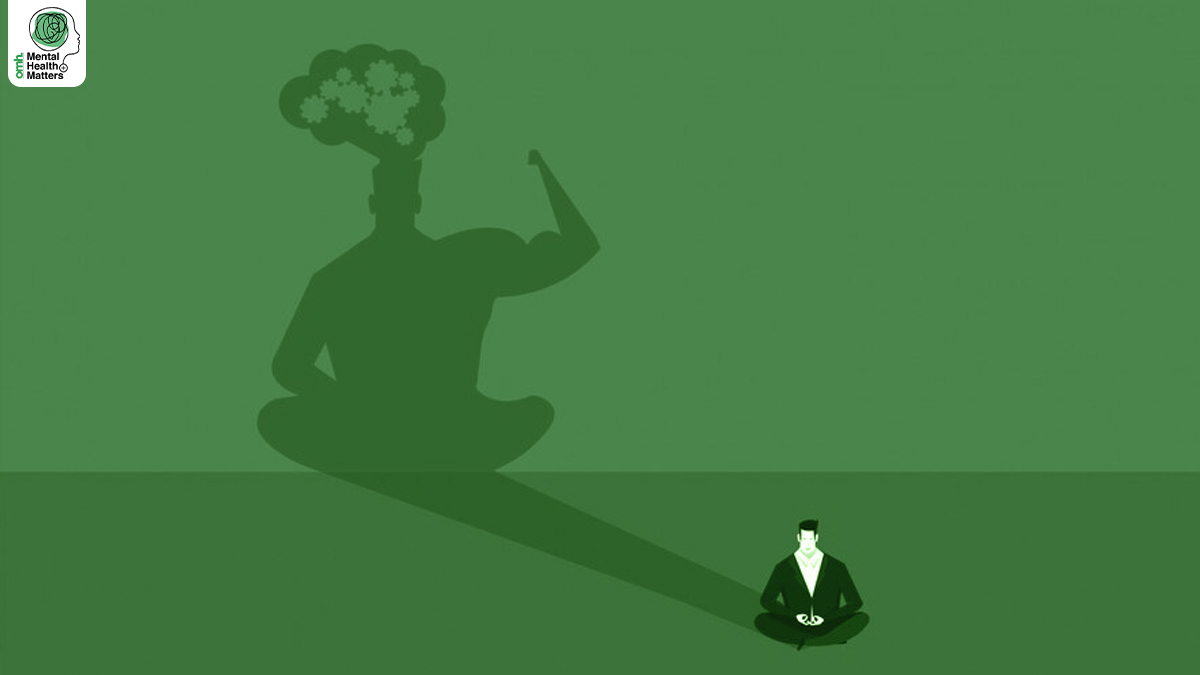
Mindfulness involves paying attention to your thoughts without judgement and staying present in the moment. People can reduce the emotional impact of intrusive thoughts and become more aware of when they occur by engaging in mindfulness practices. Grounding techniques, such as focusing on your breathing or the sensations in your body, can help redirect your attention away from unwanted thoughts.
Cognitive Behavioural Therapy (CBT)
CBT is a very successful treatment for intrusive thoughts. It assists people in recognising harmful thought habits and substituting them with more balanced, healthful ideas. Coping mechanisms tailored to ADHD-related intrusive thoughts can be taught by a cognitive behavioural therapy therapist.
Routine and Structure
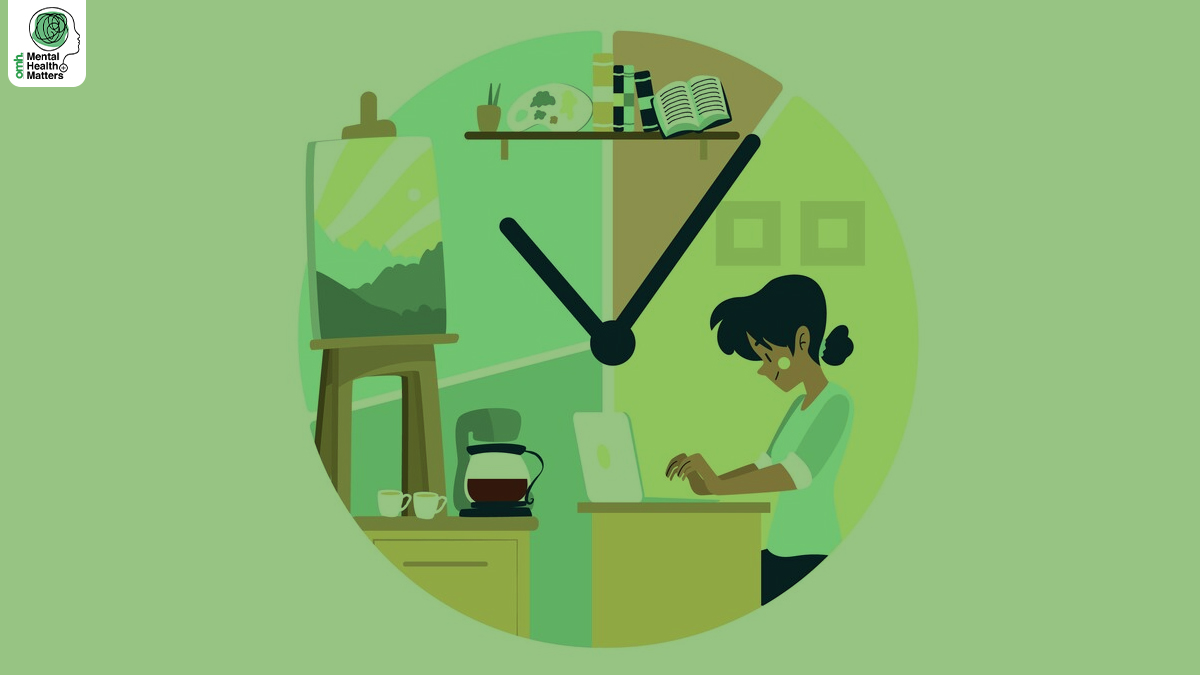
A daily routine that is organised can help people with ADHD by clearing their minds of clutter. People can lessen distractions and the mental strain that leads to intrusive thoughts by making a timetable, prioritising their responsibilities, and establishing boundaries between work and leisure.
Develop Self-Compassion
Even people without ADHD occasionally have intrusive thoughts, so it's vital to keep that in mind. You are not more 'weak' or 'crazy' for having ADHD because of it. When these thoughts come to mind, treat yourself with kindness. You can lessen the tension that comes with them by realising that they don't define you.
Medications
People with ADHD can take prescribed medications, such as stimulants and non-stimulants. These medications can help improve concentration and emotional regulation, and may also reduce the frequency or intensity of obsessions. Always consult a healthcare professional to discuss the best treatment plan for your situation.
Bottomline
Lanjewar concluded, “Intrusive thoughts are a challenging but manageable aspect of ADHD. Although these thoughts may seem overwhelming at times, it is important to understand that they are not a reflection of a person's worth or capabilities. People with ADHD can reduce the impact of intrusive thoughts and regain a sense of control by using strategies, such as mindfulness, therapy, and medication. With patience, self-compassion, and the right tools, you can minimise the suffering caused by these thoughts and live a fulfilling life.”
[Disclaimer: This article contains information provided by an expert and is for informational purposes only. Hence, we advise you to consult your professional if you are dealing with any health issues to avoid complications.]
Also watch this video
How we keep this article up to date:
We work with experts and keep a close eye on the latest in health and wellness. Whenever there is a new research or helpful information, we update our articles with accurate and useful advice.
Current Version